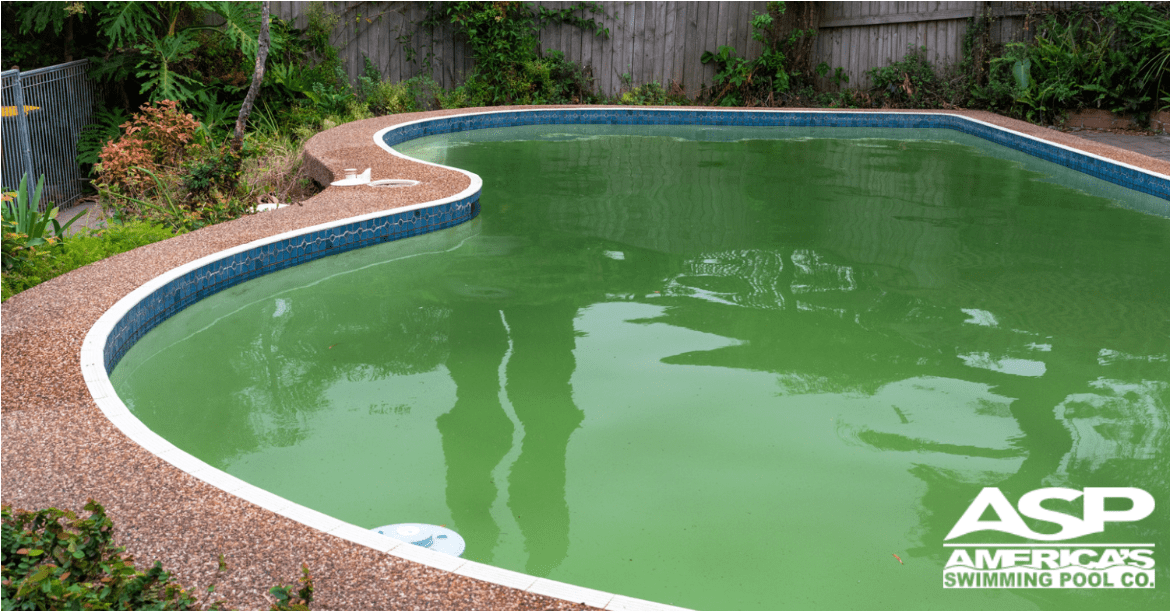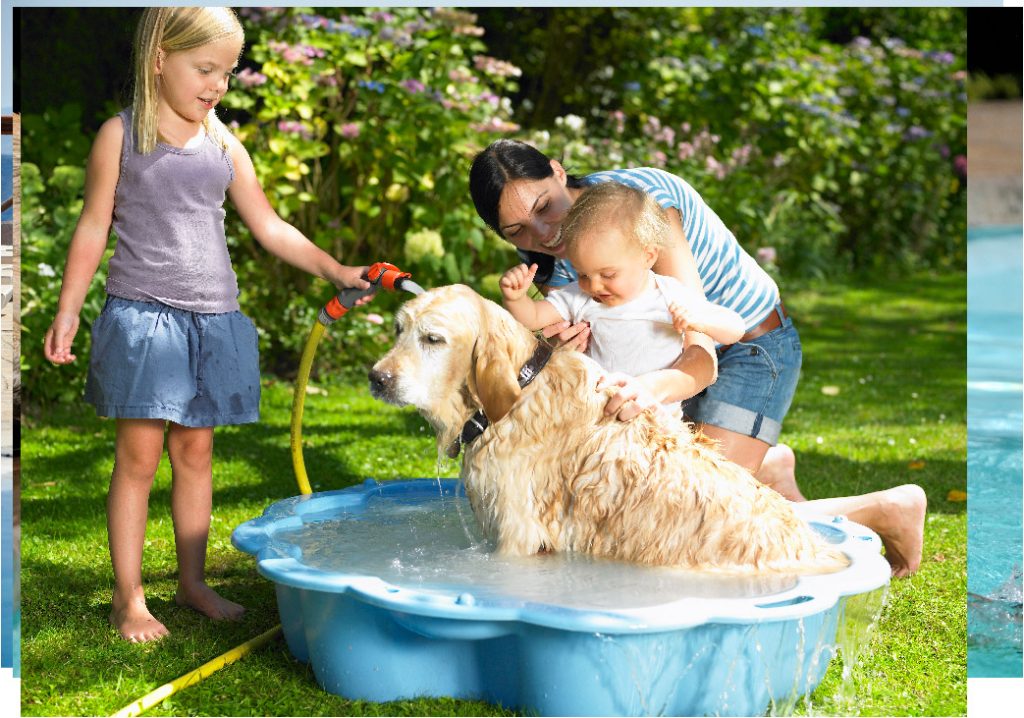

Pool water turning green overnight can be a frustrating and unsightly problem, impacting the enjoyment of your pool. This guide delves into the causes and effective methods for clearing your pool water quickly and efficiently. We’ll explore why your pool water might suddenly turn green, determineing potential problems like algae blooms and other contributing factors. We’ll outline actionable steps to restore your pool’s pristine clarity, and offer expert tips on preventing future incidents. This article will guide you through understanding the problem, finding a solution, and ensuring your pool remains sparkling and enjoyable.
Understanding the Culprits Behind Overnight Green Pool Water
Pool water turning green overnight is usually linked to rapid algae growth. Algae flourish in specific conditions, often influenced by sunlight exposure, water temperature, and nutrient levels. The sudden appearance of green water typically indicates that these conditions have been favorable for algae multiplication over a short period. Analyzing the potential culprits behind this phenomenon is crucial to effectively tackling the problem.
Sunlight Exposure and Temperature:
Intense sunlight, coupled with warm water temperatures, creates an optimal breeding ground for algae. Sunlight offers the energy necessary for photosynthesis, and warm water accelerates the algae life cycle. Pools exposed to prolonged direct sunlight are more susceptible.
Nutrient Levels:
Excess nutrients, such as phosphates and nitrates, are crucial for algae growth. These nutrients can enter the pool water through various sources, including rain runoff, decaying leaves, or even improper pool maintenance. Analyzing the nutrient levels in your pool water is essential for proper treatment.
Other Contributing Factors:
It’s crucial to consider other factors that contribute to the rapid onset of green water. Inadequate circulation in the pool can create stagnant water zones, promoting algae growth. Furthermore, insufficient chlorine levels can inhibit proper sanitation and boost the risk of algae. Also, inadequate filtration can outcome in the accumulation of organic matter, feeding algae.
Preventive Measures:
Regular pool maintenance plays a pivotal function in preventing green water. Implementing a thorough maintenance schedule, including checking and adjusting water chemistry levels, using appropriate sanitizers, and ensuring proper filtration, is vital in maintaining a healthy pool environment.
Effective Solutions for Clearing Green Pool Water
Swift action is crucial in mitigating the impact of green pool water. The severity of the green water issue directly affects the efficacy of the corrective measures. Initial response and subsequent treatments are essential. This includes addressing the underlying cause, as well as using specific pool chemicals and maintenance processes.
Shock Treatment and Water Chemistry Adjustment:
Applying a pool shock treatment is a common first step in eliminating algae. Pool shock is a strong oxidizing agent that kills algae and helps restore the proper chemical balance of the water. Adjusting your pH, alkalinity, and calcium hardness levels are often necessary, as algae growth can be influenced by these factors. Maintaining a balanced chemical environment inhibits further growth.
Enhanced Filtration and Circulation:
Boosting filtration and circulation can significantly aid in clearing green pool water. Running your pool pump for longer periods or increasing the filter’s cycle rate can efficiently remove algae from the pool. Maintaining proper water circulation prevents stagnant areas that promote algae growth. Ensure your filter system is functioning optimally to remove suspended algae.
Algae Removal Methods:
Employing physical methods to directly remove algae can complement chemical treatments. A pool vacuum can help remove algae, especially when coupled with a shock treatment or other algae-fighting chemical. If the algae is particularly persistent, a specialized algae removal product might be necessary. The efficacy of these products varies depending on the specific algae type.
Regular Maintenance Protocol:
Maintaining consistent pool maintenance helps prevent green water. Routine cleaning, including regular skimming, brushing, and vacuuming, helps in removing debris that can feed algae. Testing your water regularly helps determine issues early, and adjusting your treatment plan accordingly prevents further algae growth.
Preventing Future Algae Blooms
Proactive steps are vital in avoiding recurrent green pool water issues. Understanding the factors that contribute to algae growth and implementing preventive measures creates a healthier pool environment.
Implementing a Pool Maintenance Schedule:
Establishing a regular pool maintenance schedule can make a world of difference in prevention. Consistent testing and adjustments to water chemistry help keep the pool balanced and algae-resistant. Consider scheduling weekly or bi-weekly checks for water parameters.
Utilizing Proper Sanitization Methods:
Maintain appropriate levels of chlorine, bromine, or other sanitizers, as appropriate. Regular monitoring ensures effective sanitation, inhibiting algae growth and protecting your pool from other microorganisms. Using a sanitizer appropriate for your pool type is essential.
Maintaining Effective Filtration:
Ensuring your filter system is working correctly is crucial. Regular filter cleaning and maintenance prevent clogging and ensure proper water circulation, preventing stagnant water from promoting algae. A well-maintained filter is a cornerstone of healthy pool water.
Limiting Nutrient Sources:
Keeping the environment surrounding the pool complimentary of potential nutrient sources like fallen leaves, or other organic matter reduces the introduction of these pollutants into your water system. Regular maintenance, such as proper leaf removal, will significantly help reduce these risks.
Advanced Strategies for Challenging Algae Cases
If the problem persists, more advanced solutions might be necessary. Addressing potential underlying issues and seeking professional advice can help. This could be a sign of a more serious issue.
Professional Pool Maintenance and Consultation:
In challenging cases, consulting a qualified pool technician or professional can offer valuable insight and treatment solutions. They possess expertise to diagnose complex problems and implement effective solutions. For advanced solutions and complex algae problems, professional expertise might be necessary.
Specialized Algae-Fighting Products:
Specialized algae-fighting products are available, often containing targeted ingredients for specific types of algae. These products are an advanced approach to tackle persistent green water issues.
Deep Cleaning and Pool Flushing:
For severe cases, a thorough deep cleaning of the pool, along with a thorough flushing, can be an effective method. Deep cleaning ensures all algae and debris are removed, setting the stage for effective treatment. For severely impacted pools, this may be a requirement.
Assessing Water Chemistry and Pool Components:
Inspect and understand water chemistry facets, including pH, alkalinity, and calcium hardness. Evaluate pool components like pumps, filters, and equipment, ensuring proper function and functionality.
Other Pool Problems to Consider
Other factors can contribute to issues with maintaining a healthy pool environment.
Examining Pool Equipment for Leaks:
Inspecting the pool equipment for leaks, especially in the plumbing and filtration systems, is a critical step in maintaining optimal pool water quality. A leak might lead to issues that contribute to other pool problems.
Evaluating Water Temperature Changes:
Fluctuating water temperatures can also impact algae growth and water clarity. High temperatures can accelerate the growth of algae and reduce the efficacy of chemicals.
Assessing Potential Contamination Sources:
determine potential contaminants, such as debris or organic materials that can feed algae growth. Implementing proper filtration and maintenance practices will help mitigate this.
In conclusion, pool water turning green overnight is a common problem that can be quickly resolved by determineing the cause. By understanding the factors contributing to algae growth, implementing proper maintenance, and employing effective treatment methods, you can maintain the clarity and health of your pool. Take immediate action to address the issue, and consult a pool professional for advanced solutions if needed. Maintaining a healthy pool environment leads to enjoyment and relaxation. Schedule a pool maintenance check-up to prevent future issues and ensure peak performance.